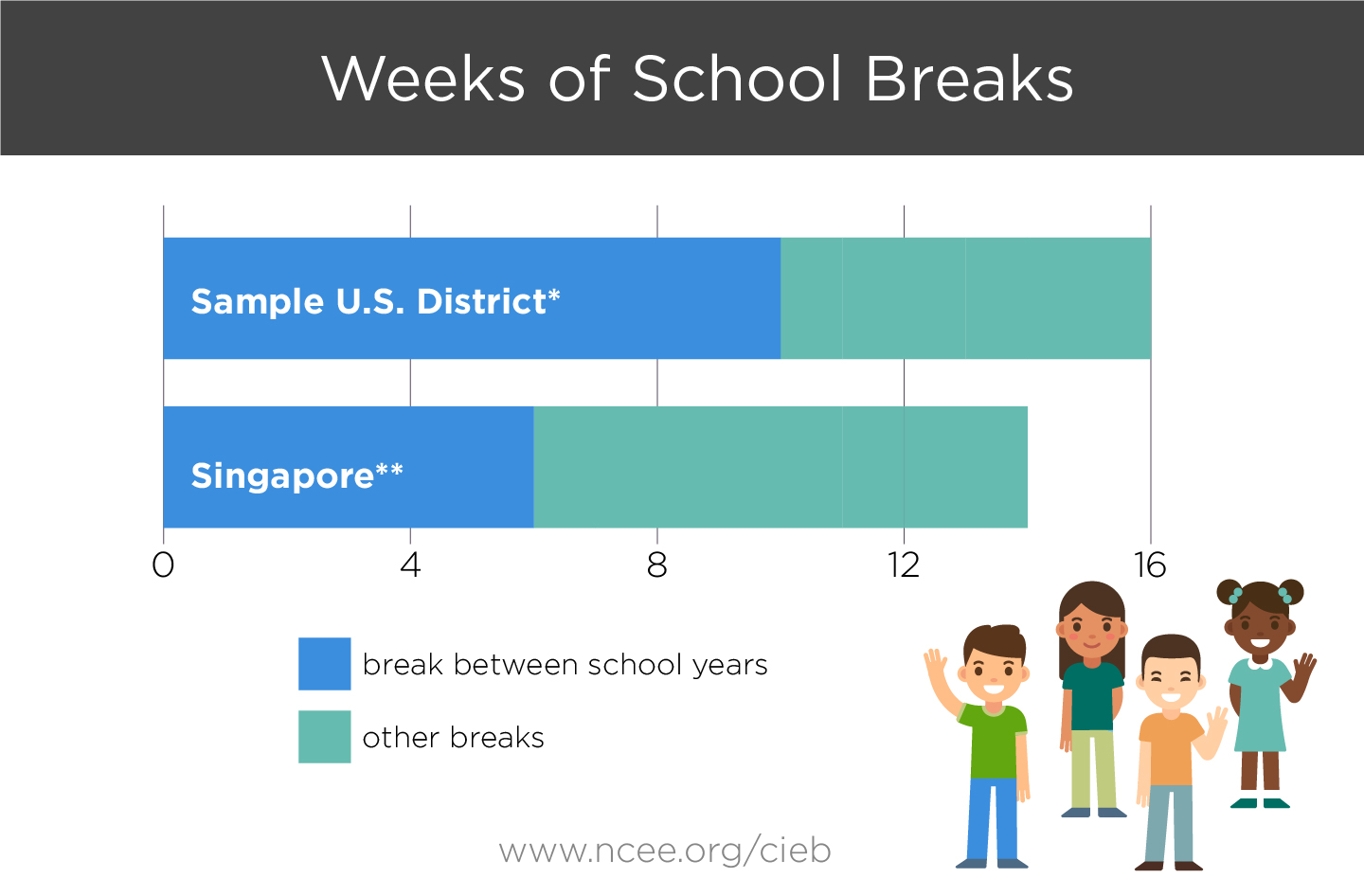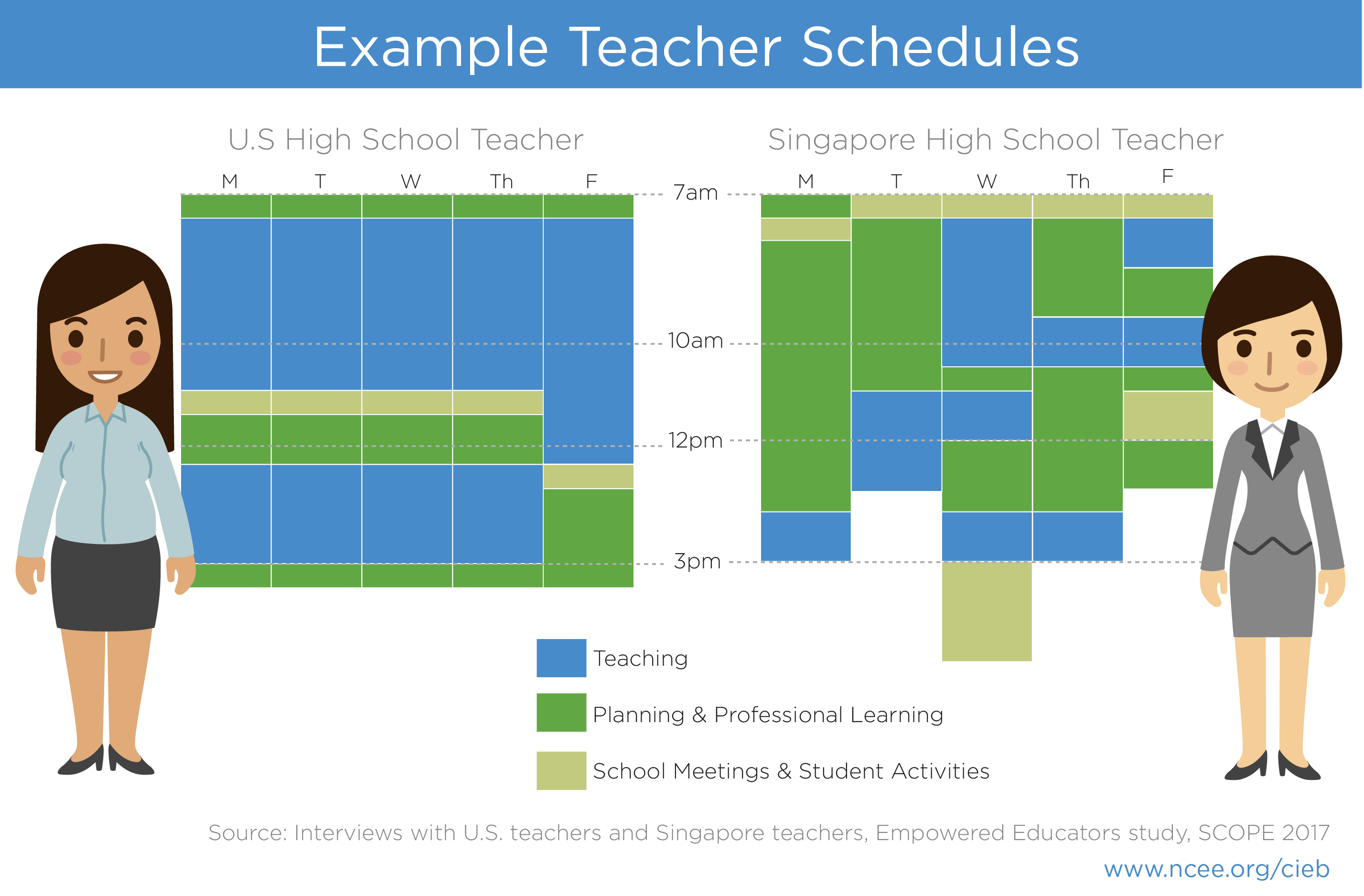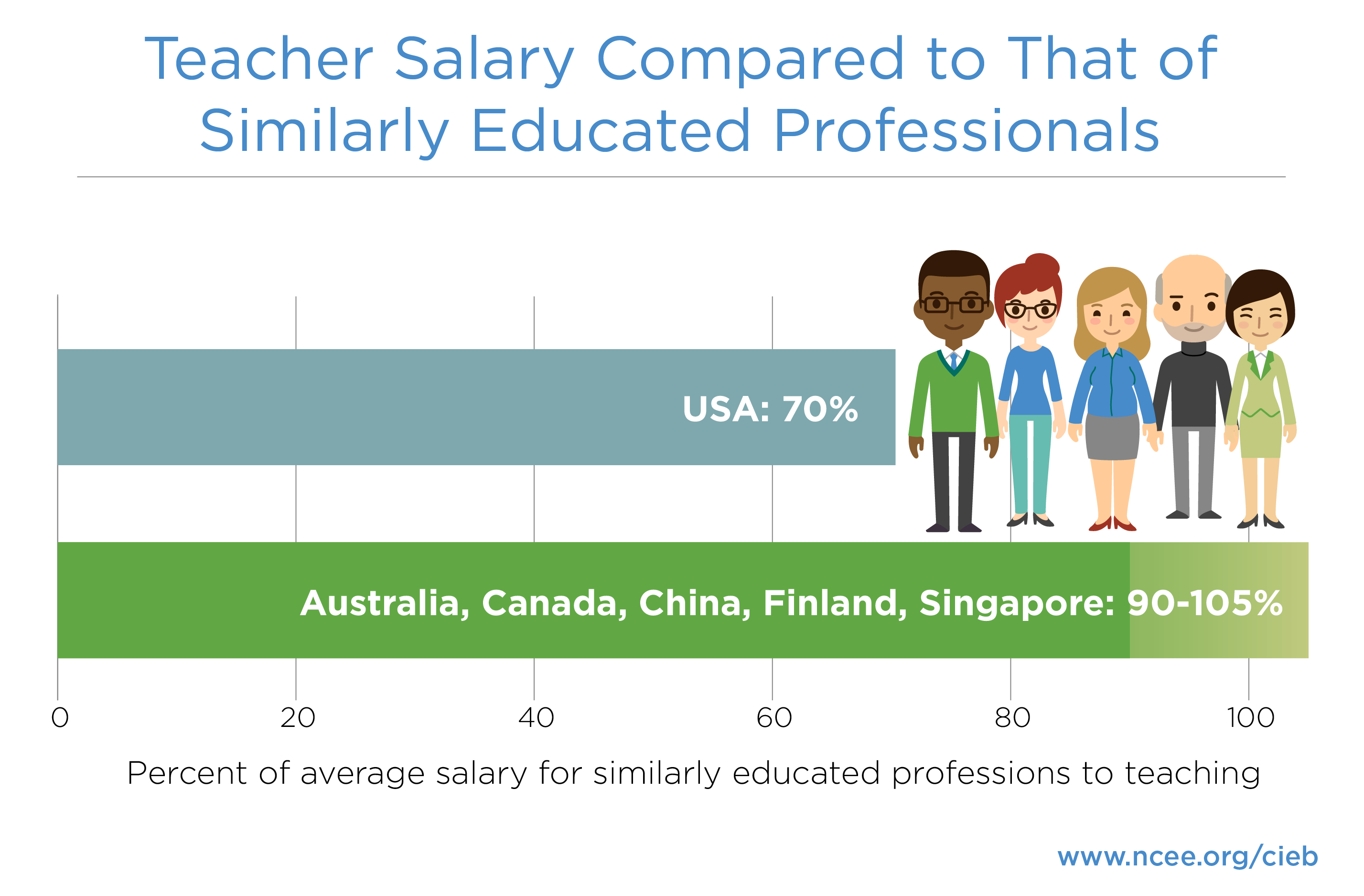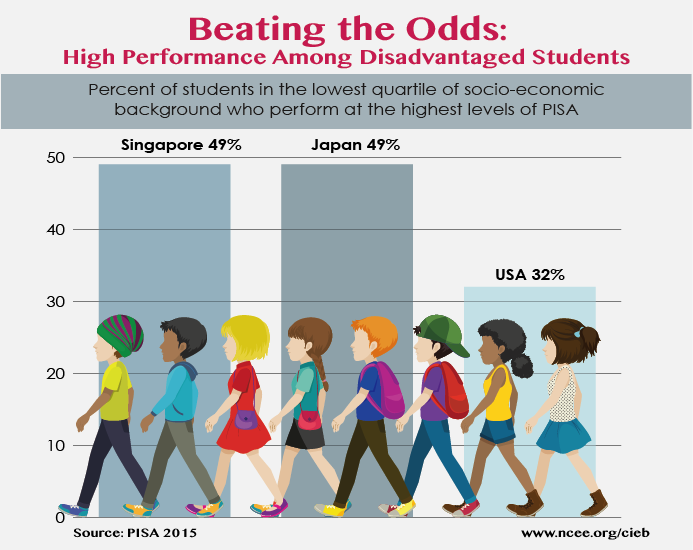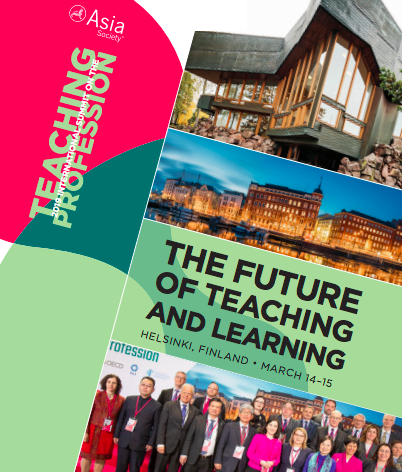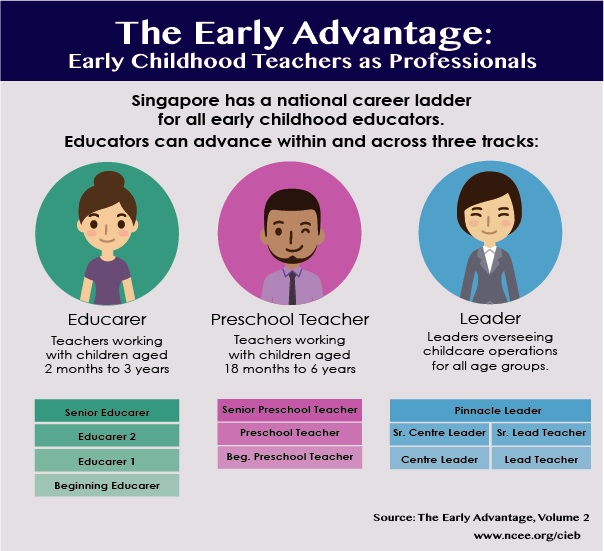Onward
Together

Onward

Together
Onward

Together
Featured blog posts
While U.S. districts are very focused on how to use the summer to address pandemic-related learning loss specifically, there are still long-standing concerns about the “summer learning slide” due to the long break from school, especially for disadvantaged students who often do not have access to the learning opportunities that their more advantaged ...
Top-performing education systems have long understood the value of providing teachers with time in their schedules outside of teaching: time to prepare lessons, observe and collaborate with their peers, conduct research to improve their practice, and build relationships with students and families. The chart above compares a U.S. high school teacher’s schedule with ...
By Nathan Driskell A new report from the National Council on Teacher Quality (NCTQ) finds that professions that require similar education and credentials as teaching pay about 40 percent more, on average, than teaching. In other words, teachers only make 70 percent as much as similarly educated professionals. This finding suggests that the ...
By Jennifer Craw This month we look at high-performing education systems which are also notable for their high performance for all students. In 2015, nearly half of all socio-economically disadvantaged students in Singapore and Japan performed at the highest levels on the science portion of the PISA exam. Find out more about how ...
On March 14-15 this year, education ministers, master teachers, national union leaders, and education organization leaders from countries with high performing and rapidly improving educational systems met in Helsinki for the ninth annual International Summit on the Teaching Profession. Hosted by the government of Finland, the Organisation for Economic Cooperation and Development (OECD), ...
Some of the best early childhood education systems in the world have clear pathways for career development for early childhood educators.
By Monica Pfister While the top performers vary in the approaches that have led to their high performance to-date, they share a common commitment to continuous improvement. This includes a willingness to re-examine and revise existing practices, even those central to the structure of their current education system, with an eye toward creating ...
There are no posts.
There are no posts.

